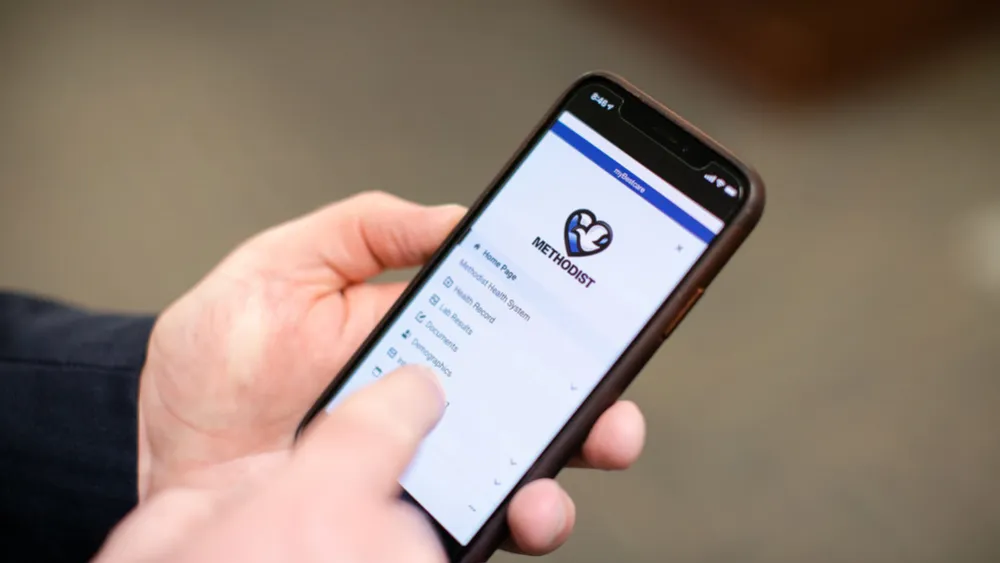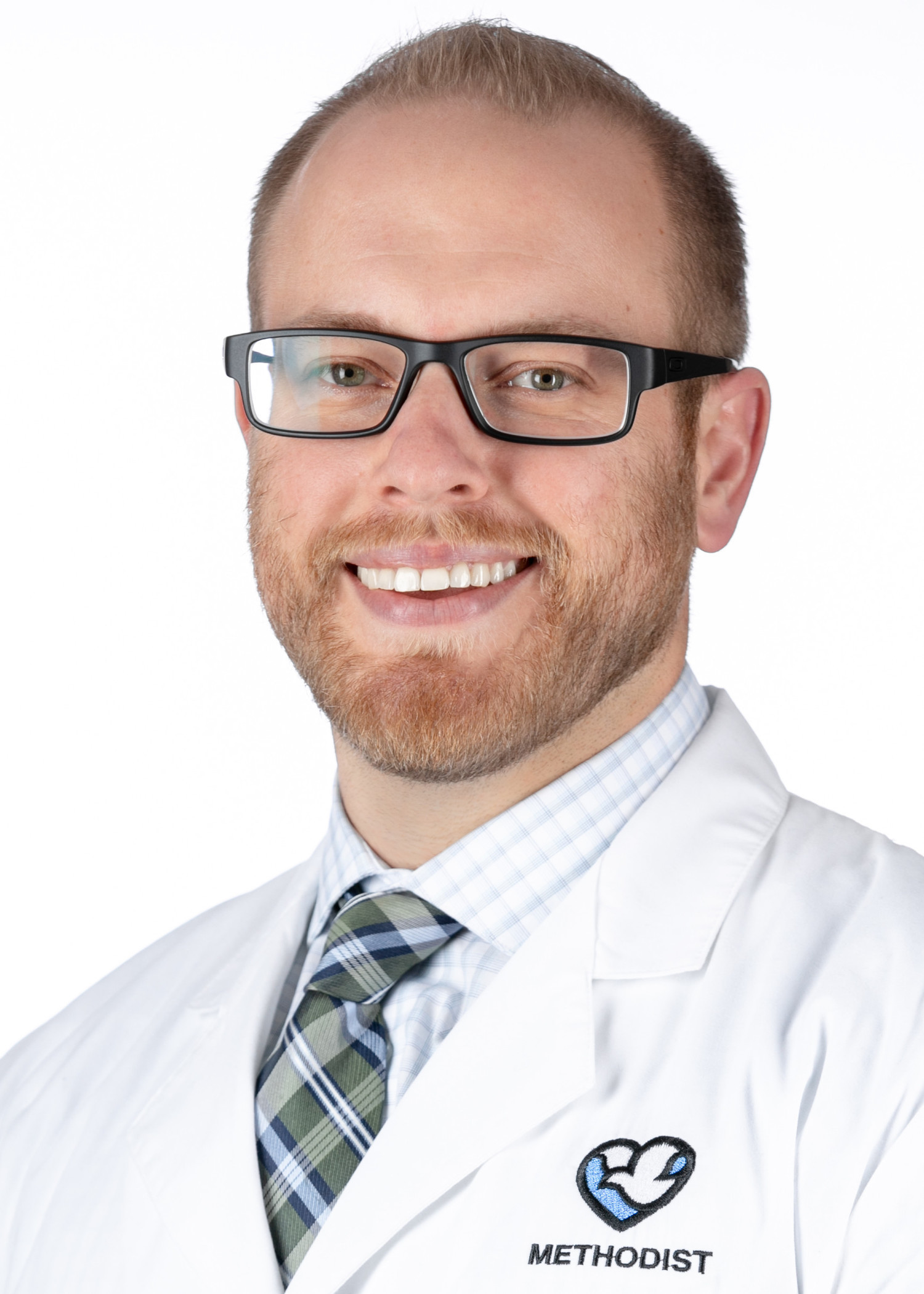




Healthy Lifestyle
Being a Wise Health Care Consumer Means Taking Charge of Your Health Long Before Things Go Wrong
Published: Feb. 28, 2023

It may not come as much of a surprise, but studies suggest that Americans devote more of their time and energy to searching for the right car or home appliance than they do for finding a doctor or health plan.
But shouldn’t we be more concerned about our personal health care than the brand of car we drive or the washing machine we use?
Here’s a Q&A with James Ramig, MD, a family medicine physician with Methodist Physicians Clinic, who offers perspective on what it means to be a wise health care consumer.
How would you define a wise health care consumer?
Someone who is conscious of preventive health. They see a primary care provider even when they don’t feel like they need one. Establishing a relationship with a primary care provider is the important part. And then being able to talk to someone who you have a history with and you know their work flow for when or if things ever do go wrong. It’s about knowing you have someone you can reach out to if you don’t really know what’s going on, whether it’s anything from a sinus infection all the way up to cancer or end of life care, that’s what we’re here for.
Do most of your patients fit your definition?
The short answer is no.
The long answer is that everybody is in the same boat because everyone thinks their experience as a patient is unique. But the truth is that many people have neglected to establish or maintain a primary care relationship. Many people have fallen off at some point. It’s easy to do when things are going well. We see people who come in and say, “I feel bad about this.” And I say, “No, it’s common. The important thing is that you’re here.”
And, of course, there are a lot of people who are established and I see regularly, so it’s close to 50/50.
What are ways that you establish relationships with new patients?
I try to get to know them. Where did you grow up? What do you like to do for fun? What bad habits do you have? If you’re ready to make a change, how can we change those habits? You just evaluate where someone is with their mental and physical health, including their tobacco use and alcohol consumption. And once you see where they’re at, you can help them down the yellow brick road.
How do you try to help patients make wise health care decisions?
I talk to them about logic. If something sounds too good to be true, whether it’s a supplement or something you hear in the news, it probably is. That’s where the relationship and resources come into play. Because we don’t just want to treat things when they fall apart – that’s what preventative and screening care is all about – we’re also here to answer questions about things you’re unsure of.
What are the benefits of an educated and involved patient?
I think it’s a double-edged sword because sometimes being educated means knowing what you’re supposed to do. But knowing it and doing it are two different things. So there’s some benefit to being aware of your health and knowing that you should eat a healthy diet and exercise.
The other side of that sword is that sometimes you continue thinking about things. For example, you might look at your lab results, and not all of them are relevant or abnormal, but you worry about them.
Although it’s good thing to be educated and involved in your health care, sometimes you can be too involved.
The biggest benefit of an educated patient is prevention. The people who only come in once a year because they’re healthy and doing everything right, that’s not chance or random. Normally it’s intentional. They’re managing physical and mental health because they’re aware of the benefits.
What are your thoughts about people not spending much time choosing their health care plans?
If I had the magic wand, I’d wish that patients had more of a choice. Most people don’t choose to be on a high-deductible plan. It’s usually because they can’t afford anything else or it’s chosen by their employer. In a perfect world, people would have more information about the benefits and risks of having high-deductible plans or poor coverage for their pharmacy benefits or diabetes coverage or weight loss. Because by the time they see me, they have what they have and we’re going from there.
Maybe there should be a counseling session before choosing your health insurance. Some employers have financial advisors, which is important, but they don’t have a health care advisor to talk to about their health care coverage.
I talk to younger people or those who may be naive to the health care system and explain that this stuff costs money. I get that a chest X-ray is expensive. But I try to educate them. Anything as simple as, “No, we don’t write prescriptions anymore. Everything is electronic,” all the way up to, “What’s a preventative visit? What’s an office visit? What’s GoodRX?”
What is Methodist doing well to set up patients for success in our health system?
I think there are some layers to that. There’s disease-specific education with health coaches. Whether it’s teaching you how to give yourself a shot for migraines or an injection for cholesterol, our health coaches are pretty critical.
I think the triage nursing staff is also very critical. Their early evaluations can save patients time and money. They can suggest various medications or determine what type of care you need before you seek it out.
The Methodist My Care patient portal system is also good for allowing patients to send messages, look at their chart or review their office visits.
Access is a big thing for patients. And Methodist does that really well.
What’s your most important tip or simple advice for people trying to make wise health care decisions?
If you don’t have a primary care provider, establish one. Especially when you’re feeling well. Seeing a doctor can help you stay well. If you do have one, make sure you’re going to annual exams.
Also, self-care is important. We’re so wrapped up in work, family and life that we put ourselves second, third or ninth on our list of to-dos. As far as taking time for you, whether that’s going out and having fun or staying in for some quiet time, self-care is important to your health.
More Resources
- Find a Methodist primary care provider who fits your needs.
- Learn more about the Methodist My Care patient portal.
- Find a Methodist Physicians Clinic location close to home.


